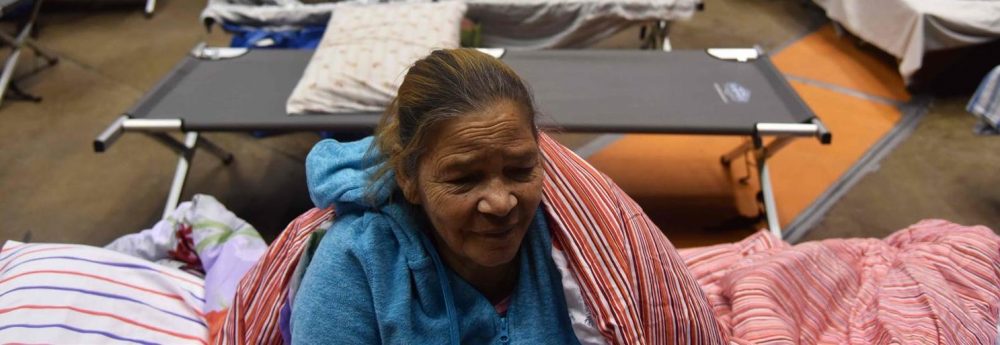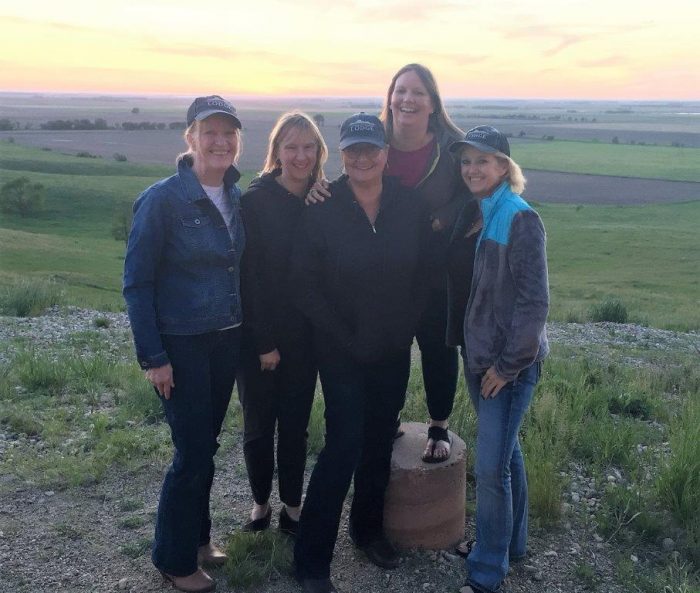Flooding in Texas – How Funders Can Help
I think it’s fair to say that people in Texas may start building arks. At the end of May, the National Weather Service said that 35 gallons of rain had fallen across the state of Texas in that month alone. The damage from those floods to public property topped $80 million. The summer floods rotted […]
I think it’s fair to say that people in Texas may start building arks.
At the end of May, the National Weather Service said that 35 gallons of rain had fallen across the state of Texas in that month alone. The damage from those floods to public property topped $80 million. The summer floods rotted much of the winter wheat crop and interfered with a large part of cotton planting, significantly damaging the state’s normal agricultural cycle.
Just two weeks ago, the southern portion of the state was battered with more heavy rainfall as the remnants of Hurricane Patricia swept across it. A week later, another storm system roared across, resulting in six deaths. First responders in the Houston area recorded more than 130 high-water rescues between Oct. 30 and Nov. 1. Elsewhere in the state, two tornadoes touched down and caused low-level damages, an estimated 16 inches of rain or more accumulated, and 10 miles of interstate were closed due to high floodwaters.
And now, Texas braces for another round of rain expected this coming weekend.
Up until now, the state has had the capacity to handle the floods, through state and local services and FEMA. But as this continues and the full assessment of flood damages continues, that may no longer be the case.
Funders should be paying attention now and asking questions of their partners in Texas:
- What are the needs that have developed in your community because of the floods?
- What has been interrupted in your service population because of the flooding?
- What, if any, assistance would be most helpful to you?
If you’re responding in any way to the Texas floods, I’d welcome your feedback and the opportunity to hear what your needs are!
More like this

Where will we go from here?
